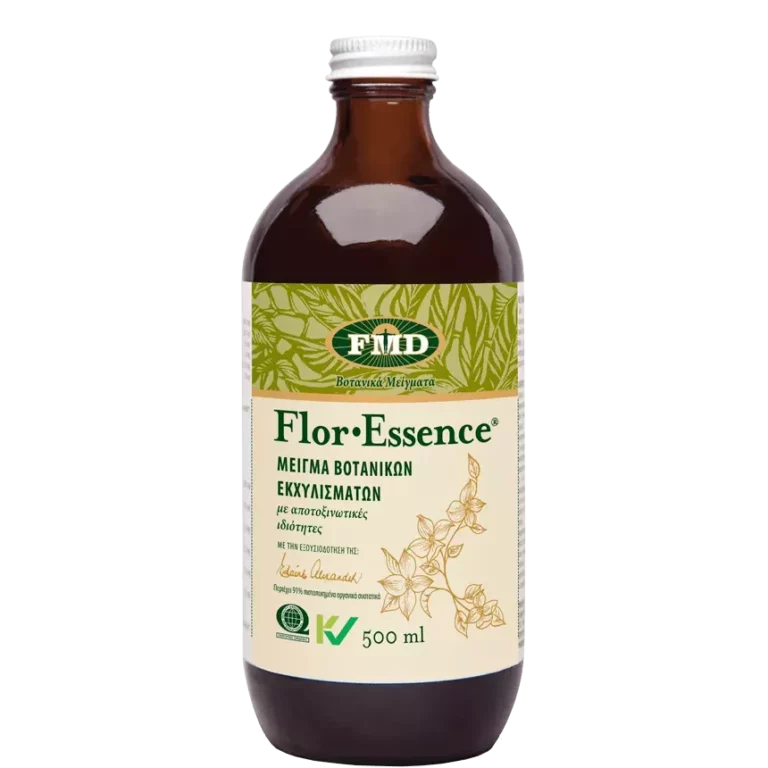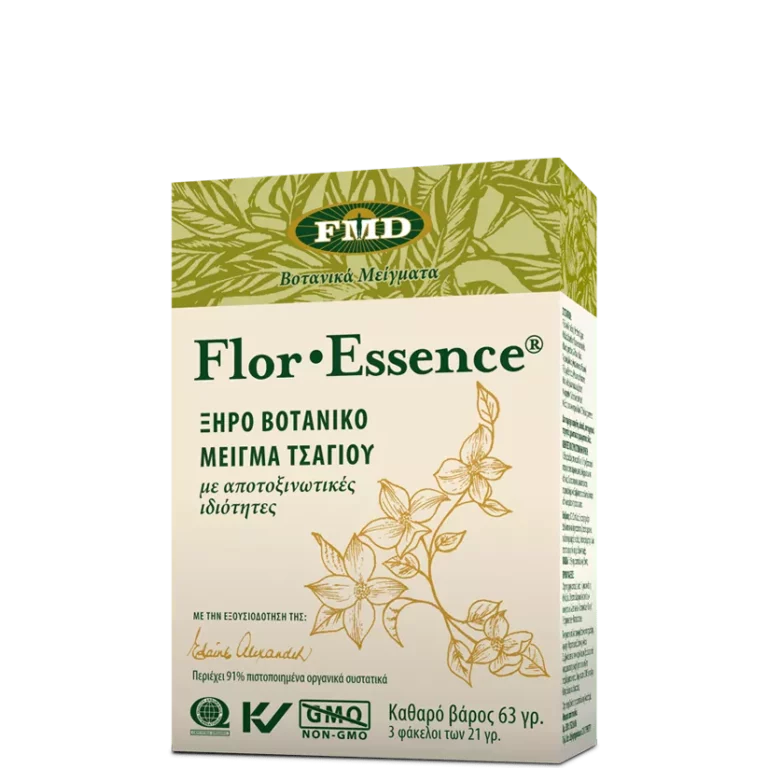Scientific Names of Sheep Sorrel: Rumex acetosella L. [Fam. Polygonaceae]
Forms:
Aqueous extract of whole or cut dried herb
Traditional Usage of Sheep Sorrel:
– Anti-diarrhea
– Anti-inflammatory
– Antioxidant
– Cellular Regeneration
– Cleansing
– Detoxifying
– Diuretic
– Laxative
– Scurvy
– Vascular Disorders
Overview:
At least ten Native tribes of Canada and the United States have used this plant, also known as sour grass or sour weed, as a food and medicine. Sheep sorrel is a popular ingredient of many folk remedies and the tea was used traditionally as a diuretic and to treat fevers, inflammation and scurvy.
Sheep sorrel was considered the most active herb in Flor Essence for stimulating cellular regeneration, detoxification and cleansing, based on reports by Rene Caisse and her doctor colleague who did studies with mice bearing abnormal growths on the original eight herb formula. Interestingly, even though it is not a legume, sheep sorrel contains significant levels of phytoestrogens with notable estrogen receptor binding activity, similar to the isoflavone phytoestrogens common to red clover, licorice and soy, all legumes known for their strong health restorative properties.
The herb also contains several anthraquinones that are effective antioxidants and radical scavengers. Although research is limited on sheep sorrel, closely related species contain a powerful antibacterial compound called rumicin, which is effective against Escherichia, Salmonella, and Staphylococcus. The high tannin content of the tea can also provide astringent action, which is useful for treating diarrhea and excessive menstrual bleeding. At low doses, most Rumex species are useful for treating diarrhea; however, at higher doses, they are laxatives due to the presence of anthraquinones that directly effect the neuromuscular tissue, stimulate peristalsis, increase the mucous production of colonic mucosa cells and stimulate secretion of water into the intestinal lumen, thereby exerting a laxative effect. A comparison of the distribution of anthraquinones in 19 representative species of Rumex showed an identical profile between Rumex acetosella and Rumex acetosa and good similarity to R. crispus. Rumex crispus has been used traditionally to treat anemia, anthrax, diarrhea, eczema, fever, itch, leprosy, malaria, rheumatism, ringworm and tuberculosis.
Active Ingredients:
Dried aerial parts of Sheep sorrel contain: rutin (0.53%), flavone glycosides (i.e. hyperoside or quercitin-3d-galactoside) 0.05%, and hyperin (12mg/100g). Sheep sorrel also contains vitamins: C, A, B complex, D, E, K, P and U. Total vitamin C of the leaves varies from 750-1200mg/100g based on dry weight. The ash (8.1%) contains, in the oxide form, 20.0% calcium; 13.9% phosphorus; 13.4% magnesium; 28.3% potassium, and 11.5% silicon, along with iron, sulphur, copper, iodine, manganese, and zinc. The leaves and stems contain beneficial carotenoids, chlorophyll, organic acids (i.e., malic, oxalic, tannic, tartaric and citric) and phytoestrogens. The plant also contains anthraquinones including emodin, aloe emodin, chrysophanol, rhein, and physcion.
Suggested Amount:
Sheep sorrel can be taken as a tea with the recommended dosage of one to three cups per day, using one teaspoonful of dried aboveground herb per cup of boiling water. Culpeper recommends that the leaves be used for their diuretic property and taken as an infusion with a dosage of 1oz (28g) to 1pt (568ml) of boiling water – in doses of 2fl oz (56ml). He recommends the leaf juice as a tonic for the kidneys and urinary tract taken in doses of half to one teaspoonful.
Drug Interactions:
In large dosages, the anthraquinones-type laxative compounds may increase the action of other laxatives and so should not be taken at the same time.
Contraindications:
Sheep sorrel and other plants of the Polygonaceae family contain oxalates in their fresh and cooked leaves and are contraindicated in cases of kidney stones. These plants with a characteristic tart taste, including rhubarb, should not be eaten in quantity (just as a flavouring or spice in small amounts) because the oxalates may interfere with calcium metabolism in the body, especially in a calcium-poor diet. Sorrel and rhubarb leaves contain enough oxalates and anthraquinones-type laxative compounds to cause poisoning and possibly even death if eaten in excessive amounts. One death has been reported for a man consuming a soup made with 500g of French sorrel (Rumex acetosa). Teas containing sheep sorrel (hot aqueous extracts of sorrel that do not contain any raw herb material) contain only trace amounts of oxalates, however manufactures of such teas should do routine testing to assure customers of safe levels. Large doses of sheep sorrel tea and/or concentrated extracts may also cause gastric disturbance, nausea and diarrhea due to anthraquinones-type laxative compounds.
Side Effects:
Large doses of sheep sorrel tea may cause gastric disturbance, nausea, and diarrhea due to anthraquinones-type laxative compounds. Large doses of the raw herb may even cause poisoning due to high oxalic acid and tannin content. One death has been reported for a man consuming a soup made with 500g of French sorrel (Rumex acetosa). Teas containing sheep sorrel (hot aqueous extracts of sorrel that do not contain any raw herb material) contain only trace amounts of oxalates, however manufactures of such teas should do routine testing to assure customers of safe levels.
References:
Duke JA. 1985. Rumex crispus L. In Handbook of Medicinal Herbs. CRC Press, Boca Raton, FL, pp. 414-415.
Fairbairn JW, and Muhtadi FJ. 1972. Chemotaxonomy of Anthraquinones in Rumex. Phytochemistry 11: 263-268.
Foster S, and Duke JA. 1990. Sheep Sorrel in Medicinal Plants. Houghton Mifflin Co., New York, NY, p. 214.
Turner N, and Kuhnlein H. 1991. Traditional plant foods of Canadian indigenous peoples. Nutrition, botany and use. In Food and Nutrition in History and Anthropology Vol. 8. Gordon & Breach Science Publishers, Philadelphia, PA, p. 222.
Yagi T, Yamauchi K, and Kuwano S. 1997. The synergistic purgative action of aloe-emodin anthrone and rhein anthrone in mice: synergism in large intestinal propulsion and water secretion. J Pharm Pharmacol 49: 22-25.






